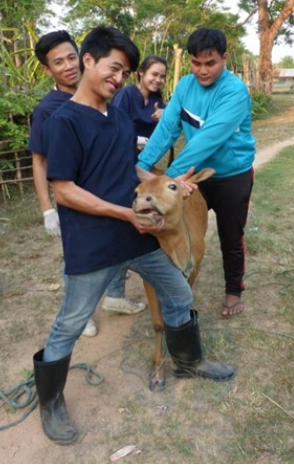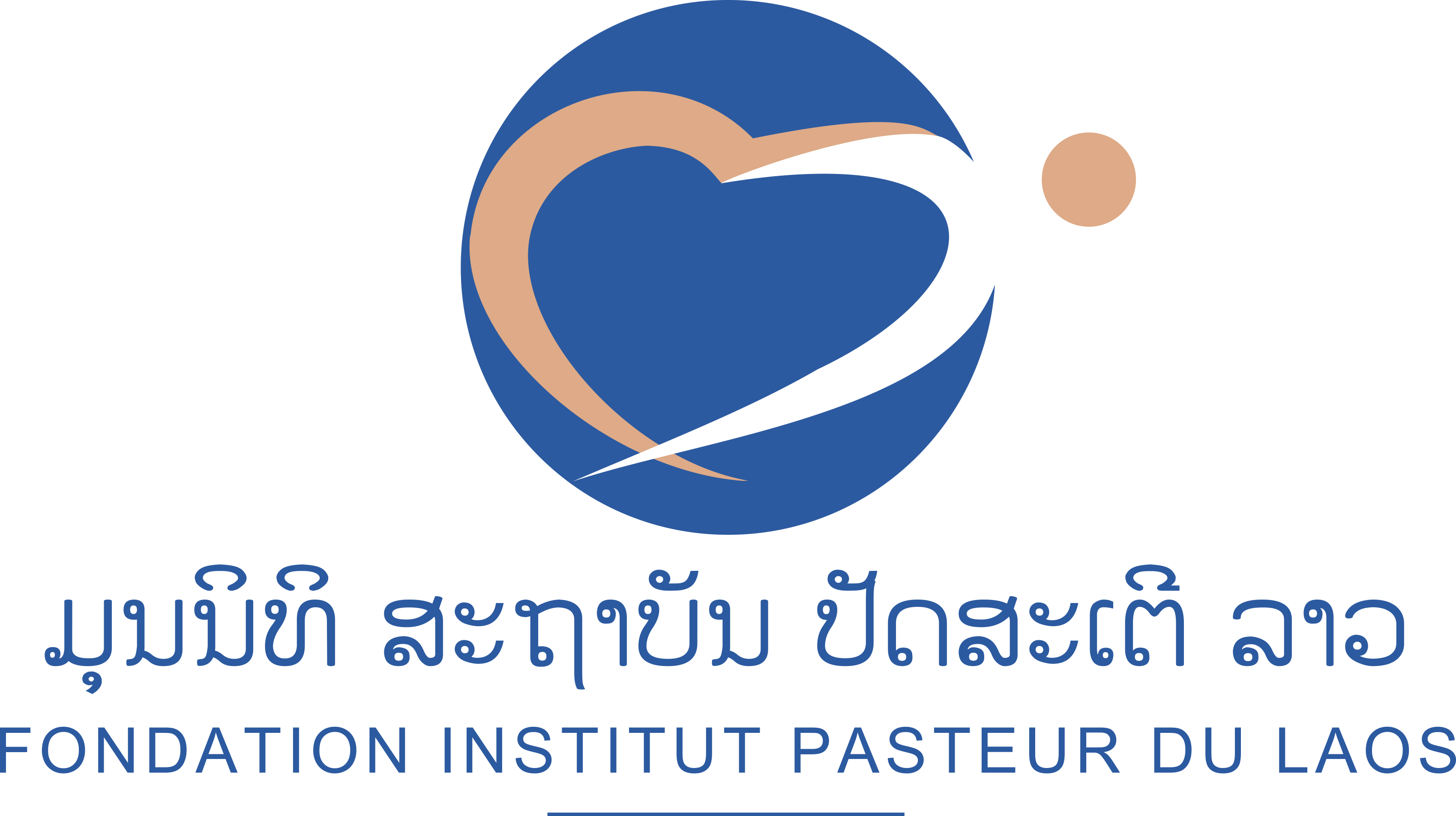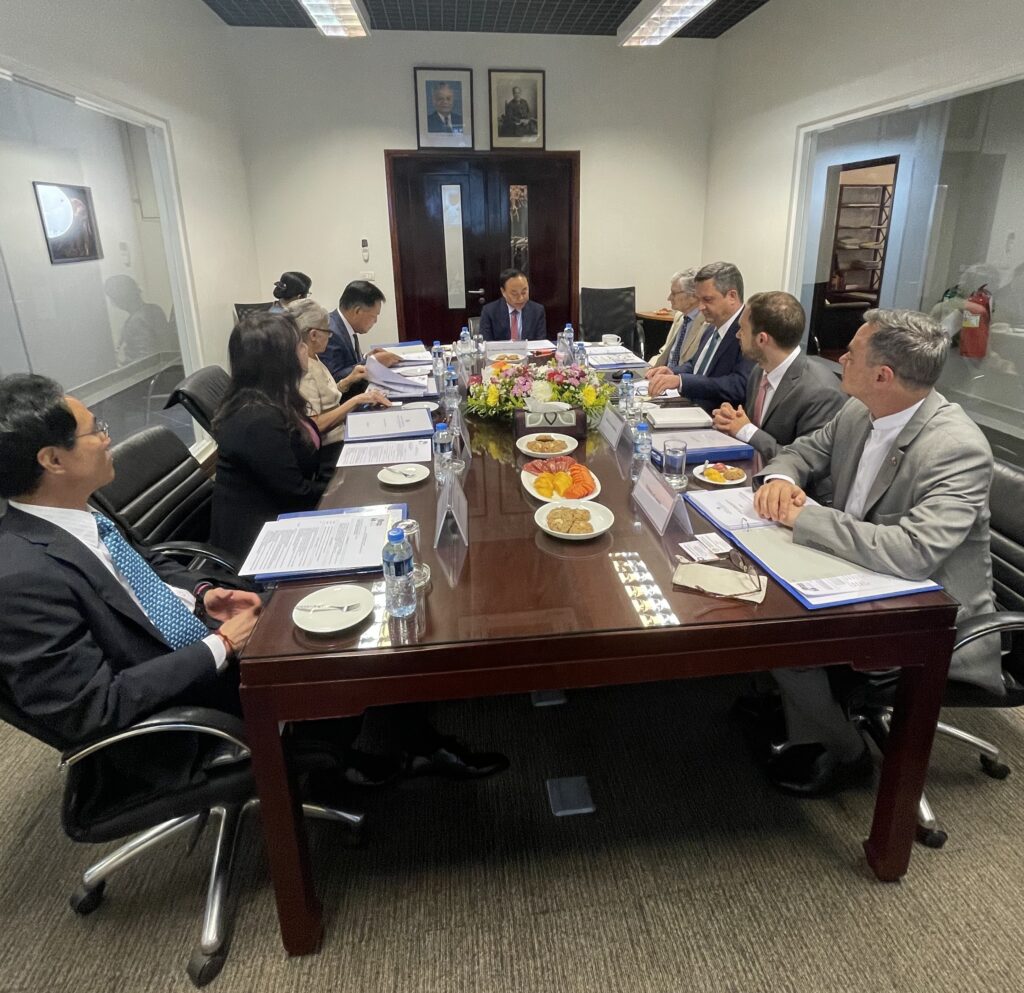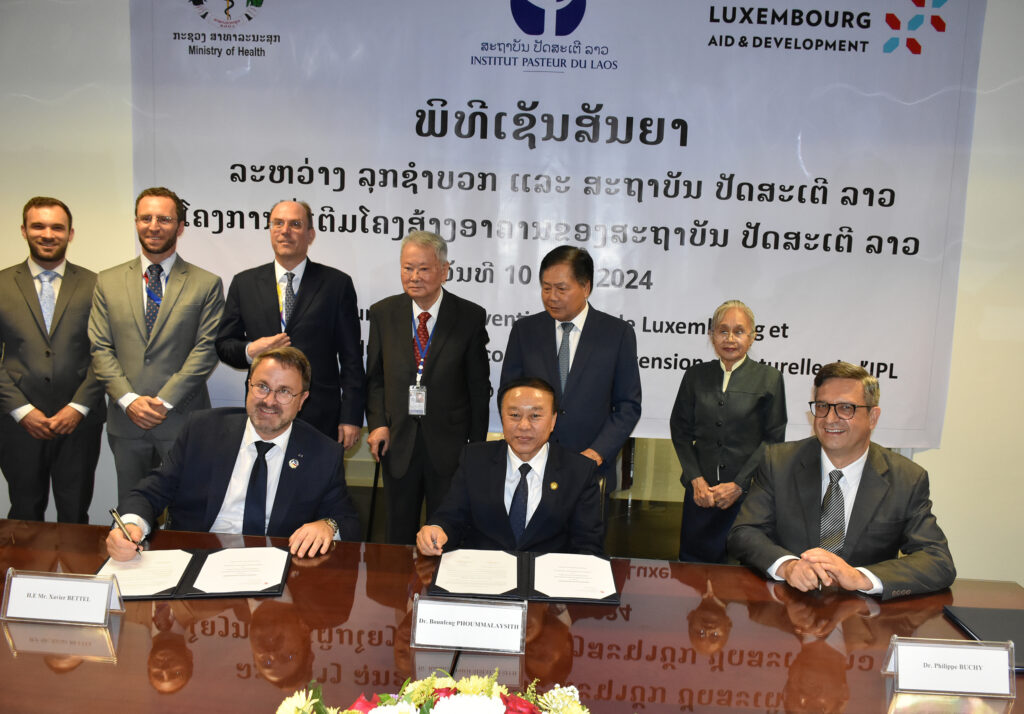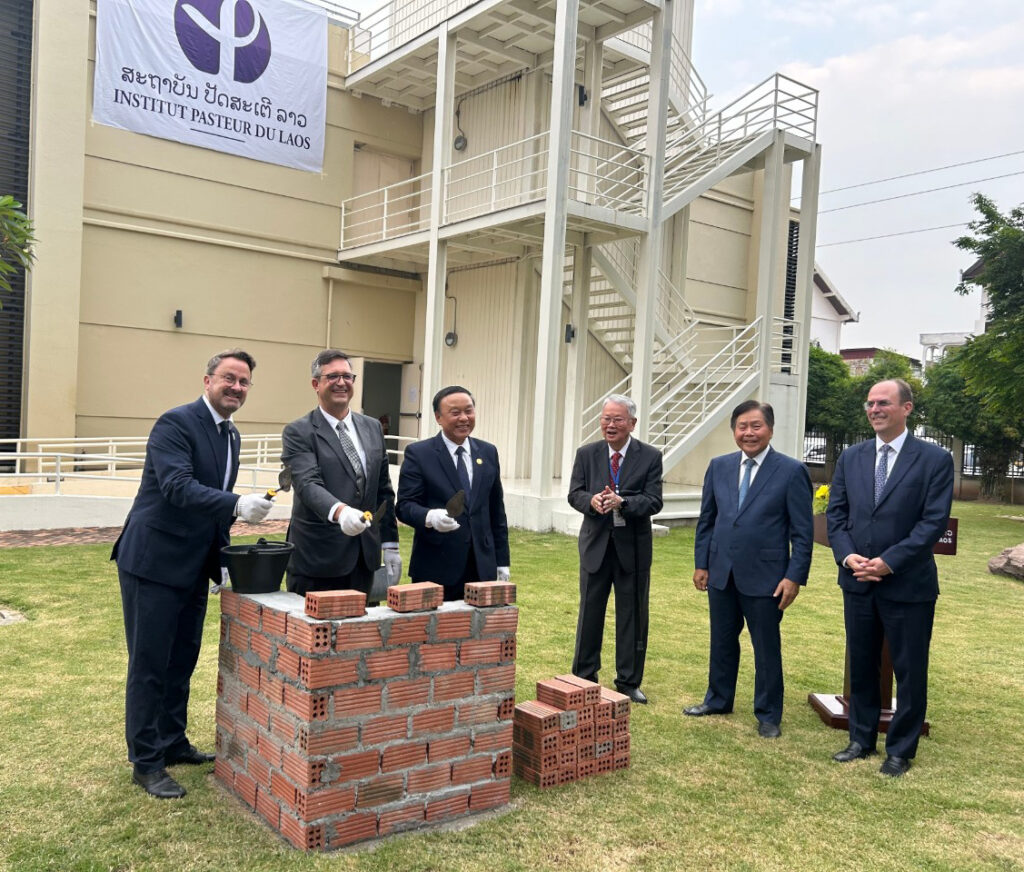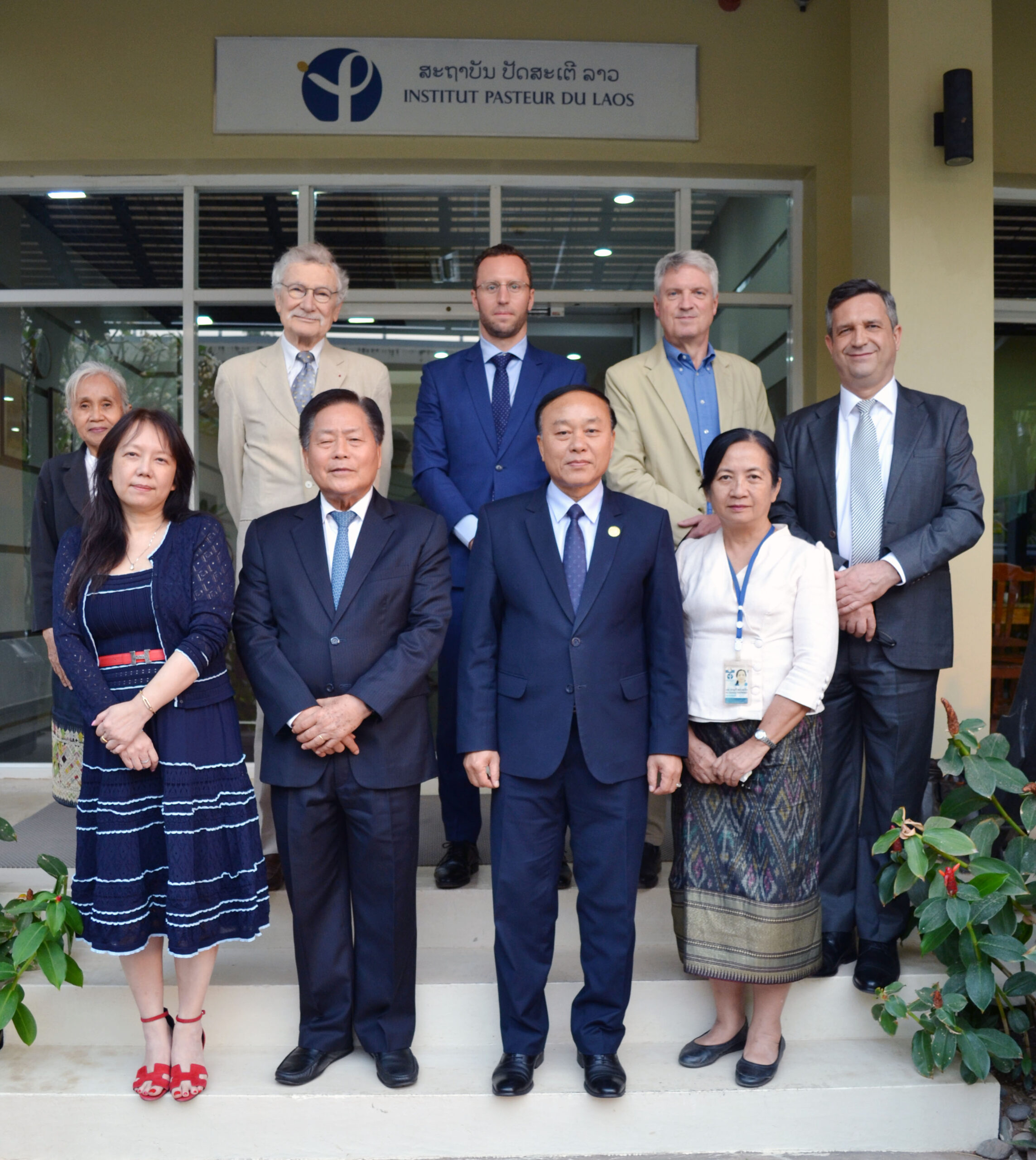Evaluation of zoonotic virus circulation and transmission in domestic animals from mixed farms in rural Lao PDR
Project leader: Maude Pauly
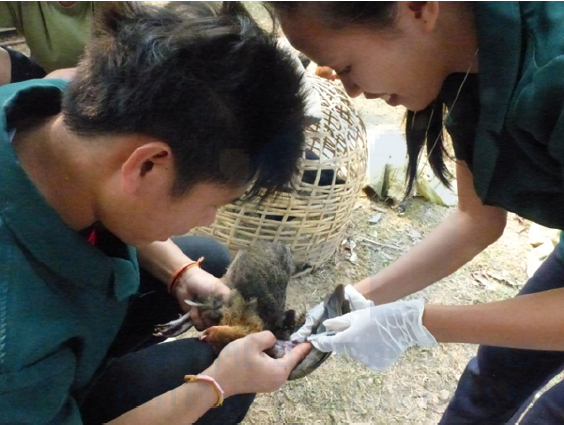
Background
Together with sub-Saharan Africa, South-East Asia represents a major hotspot for emerging infectious diseases, largely due to close contacts between wildlife, domestic animals and humans. People in rural areas of Lao PDR are predominantly subsistence farmers and cultivators and Lao farmers practice mixed-species backyard farming, where poultry, pigs, ruminants and other animal species are traditionally reared together. Livestock is reared mostly for direct consumption, but also as potential cash reserve or as “wealth insurance”. Thus, animal health directly influences human well-being, since the loss of an animal entails not only loss of protein provision, but also of the cash reserve required in emergency situations (e.g., a medical treatment). Despite the considerable risk for interspecies and zoonotic disease transmission, human and animal health care services are insufficient and early and rapid detection of disease outbreaks remains challenging.
Activities
In collaboration with the local partners, samples from domestic animals (including cattle, small ruminants, poultry and pigs) were collected in rural settings and in slaughterhouses and tested for several relevant viral animal diseases (e.g. Newcastle disease, Infectious bronchitis virus) and for viruses with zoonotic potential (e.g. Influenza A, Hepatitis E, Paramyxoviruses, Coronaviruses) applying different laboratory techniques. Particular focus was put on close collaboration with people who are in contact with local farmers on a daily basis to increase the chance to detect and control disease outbreaks. Hereby, we aim to provide our partners with the required capacity and knowledge for disease outbreak management. They were involved in all steps of study design, sample collection, processing and analyses. Moreover, knowledge transfer was assured by organizing workshops on basic laboratory analyses, by actively participating in on-site sample collection and by giving lectures (e.g. on basic virology, on zoonotic diseases).
Partners
+ Faculty of Agriculture, University of Laos, Lao PDR.
+ Veterinarians without borders.
+ Department of Pathology, University of Health Sciences, Vientiane, Lao PDR.
+ Department of Pathology, Faculty of Medicine, Chiang Mai University, Thailand.
+ National Animal Health Laboratory, Vientiane, Lao PDR.
